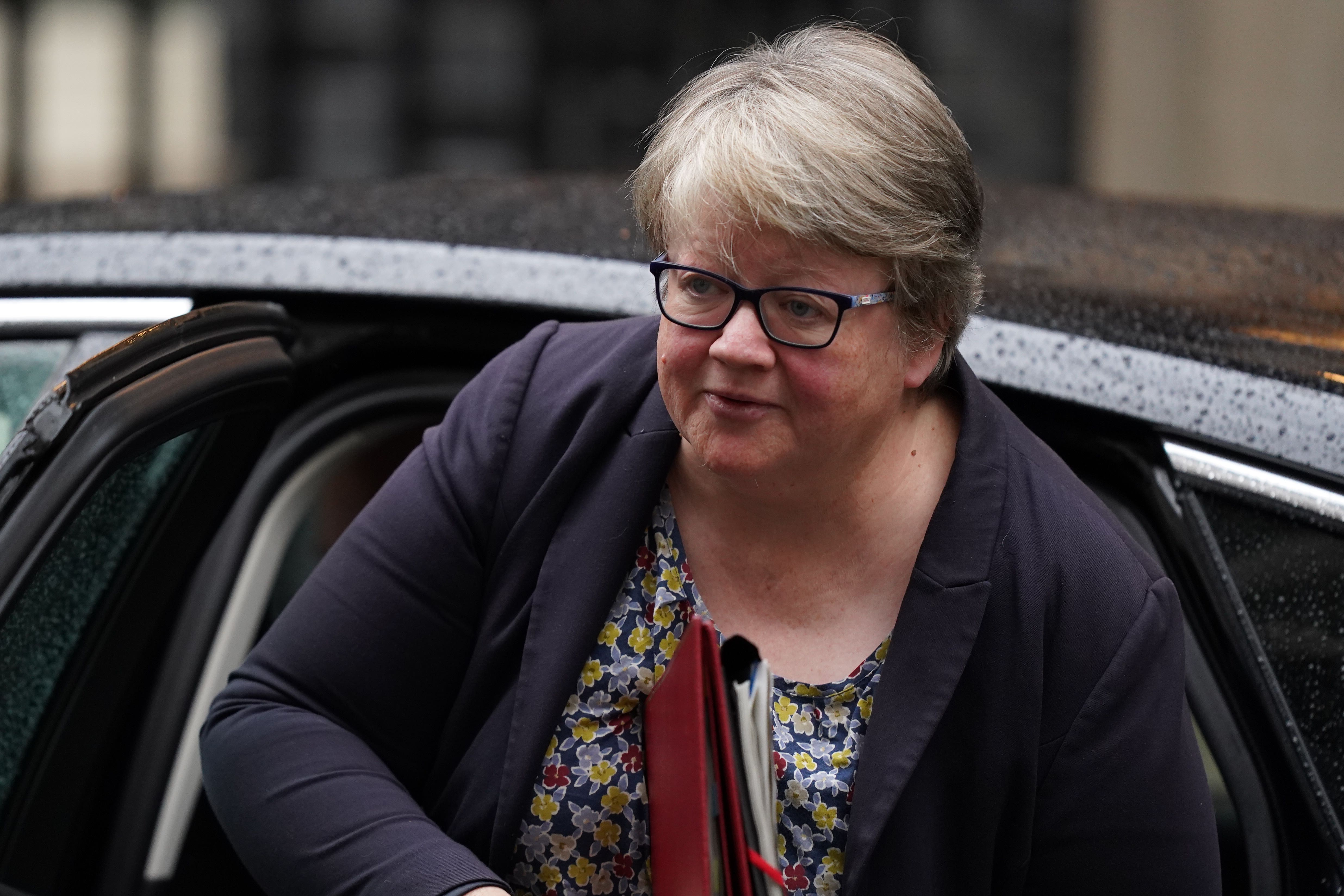Ban on fur and foie gras imports dropped, environment secretary suggests
Sunak government reassessing ‘priorities’, says Therese Coffey on animal welfare measure

Rishi Sunak’s government has dropped a proposed ban on importing fur and foie gras, environment secretary Therese Coffey has suggested, as she claims she wants to be the “voice of the countryside”.
The cabinet minister has said that while animal welfare is important, the government must “think through priorities” with limited time to push through legislation.
While fur farming and the production of foie gras – a paté made from the livers of force-fed ducks or geese – are currently illegal in the UK, campaigners say large quantities of both commodities continue to enter the country each year.
Banning fur and foie gras imports was part of the Animals Abroad Bill introduced under Boris Johnson. However, ministers ditched the bill after they deemed it “un-Conservative”.
Speaking to The Sunday Telegraph, Ms Coffey said: “Animal welfare is very important. All I would say right now is that we need to think through priorities. We stand by the welfare action plan, but there’s only so [much] time that we can get the legislation and stuff like that.”
A government source did not deny that the import ban would be shelved, saying the government had to “prioritise certain things” with a limited amount of parliamentary time.
Despite the apparent reversal on the promised ban, Ms Coffey restated the government’s ambition to ban trophy hunting and live animal imports.
However, England will not follow Scotland’s lead in outlawing fox hunting. Hunting with more than two dogs is currently banned in Scotland except in exceptional circumstances.
Referring to the name of the Department for Environment, Food and Rural Affairs, Ms Coffey added: “Of course, we have the name ‘rural affairs’, and we are the voice of the countryside across government.”
Earlier this week, her department announced that wood-burning stoves would face tighter restrictions aimed at improving air quality in high-pollution areas, though Ms Coffey confirmed that she has no plans to ban them altogether.
She said: “I’m not considering banning [stoves] because I don’t think we need to. My preference is to be a lot more educational. We don’t create all these things just to generate money – far from it; it’s to try and change some behaviours.”
Proposed changes include limitations on how much smoke new stoves can emit every hour, and putting pressure on councils to restrain illegal burning in smoke control areas as well as the burning of wet wood outdoors.
Join our commenting forum
Join thought-provoking conversations, follow other Independent readers and see their replies
Comments



Bookmark popover
Removed from bookmarks